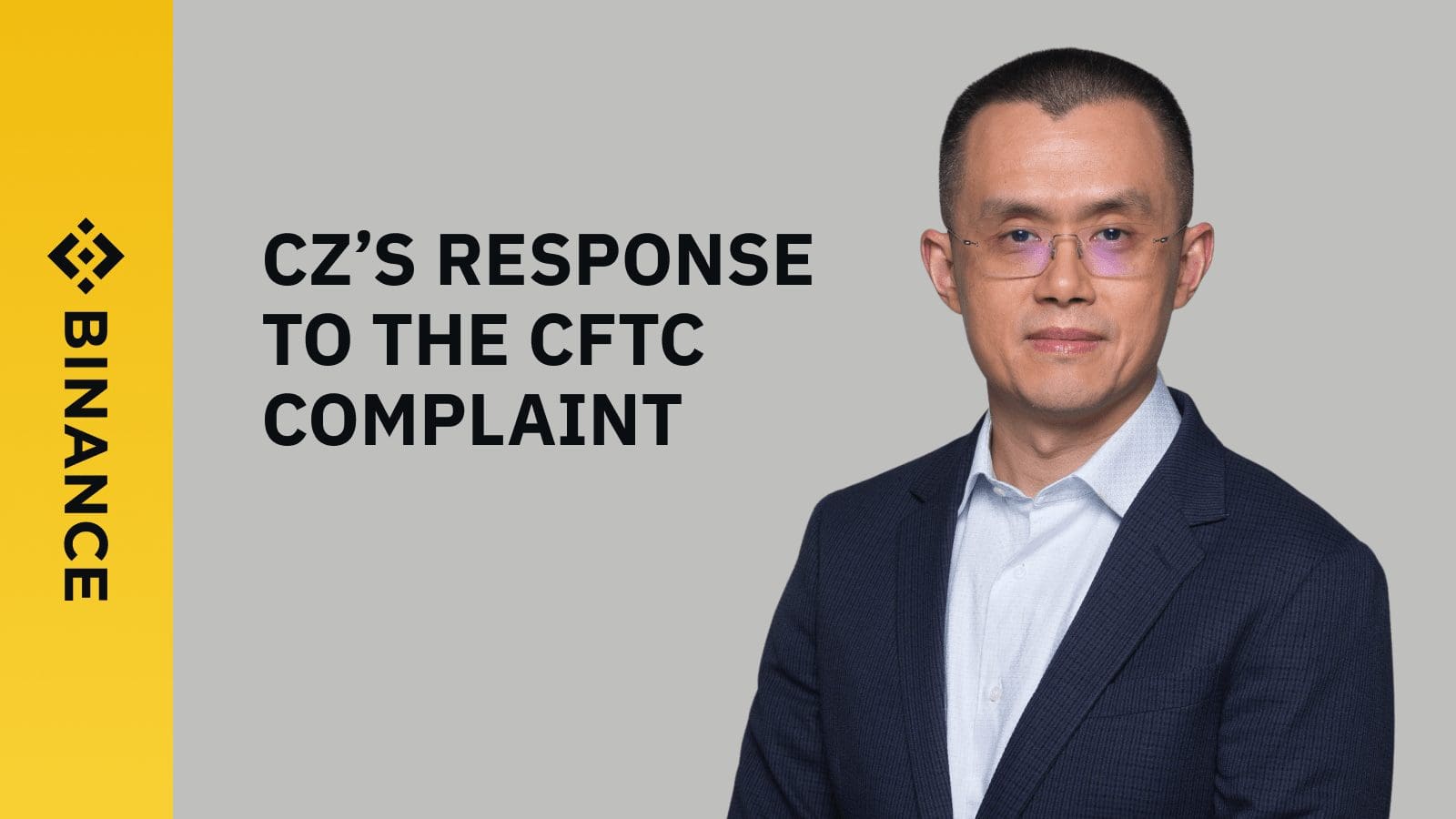According to the U.S. CFTC, Binance operates the world’s largest centralized digital asset exchange through an opaque web of corporate entities, all ultimately controlled by Changpeng Zhao (CZ). Much of Binance’s reported trading volume and profitability has come from its extensive solicitation of and access to customers in the United States. Allegedly. CZ was responsible for the circumvention of Binance’s compliance approach. Not sued, however, is Binance.US, which is owned by BAM Trading Services Inc.
The Defendants
The defendants in the CFTC complaint are its founder and CEO CZ, and the former Chief Compliance Officer Samuel Lim. Moreover, the legal entities Binance Holdings Limited, registered in the Cayman Islands, Binance Holdings (IE) Limited, and Binance (Services) Holdings Limited, registered in Ireland, are defendants.
The U.S. Business
In 2019, CZ and the Delaware-registered BAM Trading launched Binance.US, a digital asset spot market trading platform that offers its services to U.S. customers. When he hired BAM Trading’s first CEO, CZ allegedly described Binance as a pirate ship and explained that he wished for Binance.US to be a navy boat. BAM Trading is under common ownership and control with Binance and continues to operate the Binance.US spot platform. Binance personnel, including CZ, have dictated Binance.US’s corporate strategy, launch, and early operations. BAM Trading has licensed Binance’s trademarks to advertise in the U.S. Binance.US has also relied on one of Binance’s matching engines through a software licensing agreement.
Circumventing Compliance
However, CZ reportedly wanted to serve US customers through its main platform and not Binance.US. In and around June 2019, CZ, Lim, and other key Binance personnel engaged in a series of strategy sessions concerning the retention of U.S. VIPs on the Binance platform. One method discussed was to instruct U.S. VIP customers to submit “new” KYC documentation in connection with a “new” account. This approach would allow VIP customers to continue to trade on Binance and maintain their preferential VIP status and benefits that resulted from their historical trading activity on Binance.
We do need to let users know that they can change their KYC on Binance.com and continue to use it. But the message, the message needs to be finessed very carefully because whatever we send will be public. We cannot be held accountable for it.
CZ During a meeting in June 24,
At some point before October 2020, Binance formalized its processes for instructing U.S. VIP customers on the best methods to evade Binance’s compliance controls in a corporate policy titled “VIP Handling.” CZ contributed ideas that were incorporated into the VIP Handling policy. Allegedly, CZ directed Binance personnel to replace the U.S. value for certain data fields in Binance’s internal database with the value UNKWN to hide U.S. customers in company reports.
In September 2020, Binance allegedly had 2.51 million U.S. customers.
